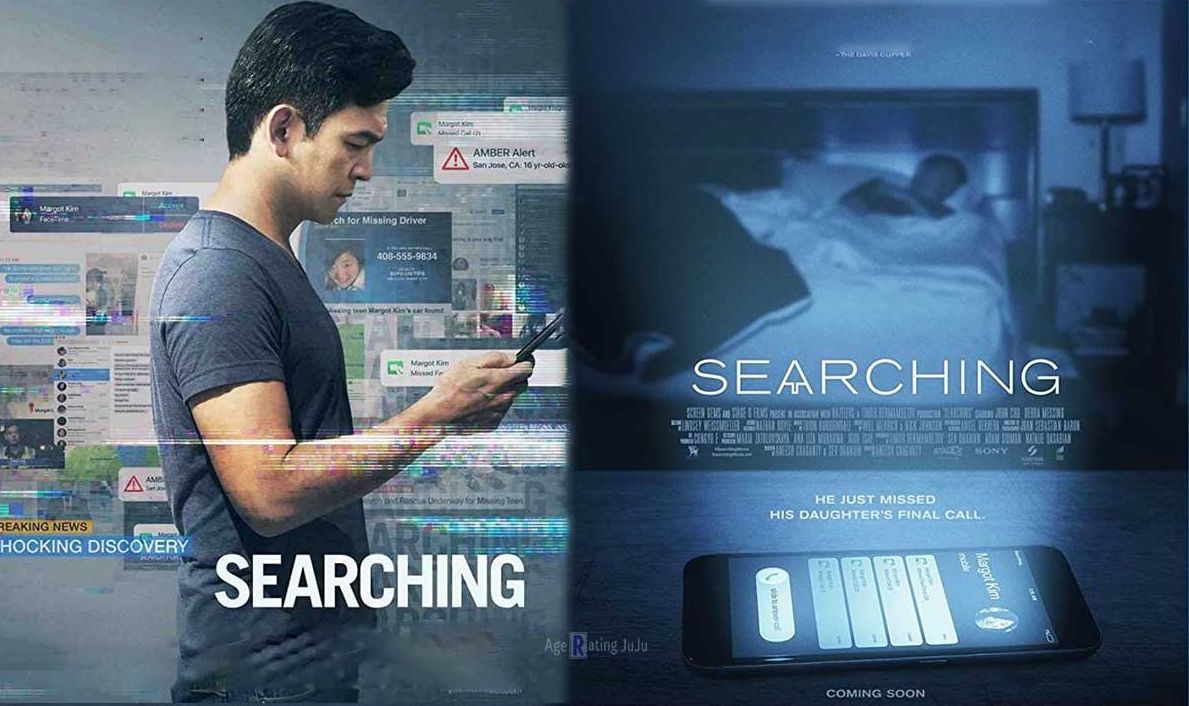
So much of our lives takes place in the realm of screens and the digital abundance, and these days, the web is vast and alive, leading to a kind of fascination with an almost Kantian sublime. Thus, technology has this great potential for horror – as seen in television shows like Black Mirror and in movies like Unfriended, laying out a perfect foundation for a thriller set in this medium.But what separates Searching from other films using the same laptop cinema format is the intrinsic understanding of the internet and technology. The director of the film, Aneesh Chaganty – who has worked at Google and was born to computer engineering parents – has a clear sense of the behaviours of online individuals and the way the web works, and the presence of technology is elevated beyond a singular screen.

The film is detailed and realistic; each application, like Reddit, like Tumblr or Instagram is used in a way that is subtle in its familiarity, perfect in the part it plays in leaving clues and unfolding this story. Details like the timeline montage in the beginning add to the pull and immersion into the online world, and the indications of what is to come, scattered throughout places like Pam’s text document, a school homepage, or a video call, invite us for a second, third, and fourth viewing.
The use of media is carefully considered. Everything is elegant in that any use of the screens feels natural, doesn’t feel clunky, or have the need to be explained away. So the technology is comfortable in the script of the movie, only enhancing the central plot points and themes. It is not the whole movie; it does not constitute the entirety of the plot. Instead, it helps frame a well-paced thriller and the continuing theme of family.
The plot itself is well thought out with all ends neatly tied. With a brutal precision, the film reveals revelations that change the course of the story, a single, exact moment that often uproots the entirety of the direction John Cho’s character, David Kim, had been gunning towards. These twists are framed with things as simple as just a shot of an interior of a car or a mouse hover over an image. It’s this rhythm and pacing of the film that builds the tremendous momentum towards the ending.
We feel for these characters from the very beginning; pictures and clips that David looks at from time to time remind us of the depth of the characters and their motivations, and what makes them act the way they do. As David discovers more about his daughter through her digital footprints, the words she had no place to express but on camera – so do we. The relationships established between the characters through the medium and the universality of these sentiments make it easy to care.

While like the way Crazy Rich Asians is lauded for showcasing an east Asian cast in vivid colour, Searching is much subtler in the way it introduces us to our Asian leads, and perhaps is even more important in the place it has in an industry that struggles with diversity. filmmakers often had to find a “reason” for including diverse characters, relegating them to certain roles and archetypes, and Searching does away with any such requirement or “explanation” as to why the family is Korean. It simply is, giving us common experiences we can share and relate to. Ground-breaking yet understated, the film poses itself to be the classic prototype for many more movies to come.

